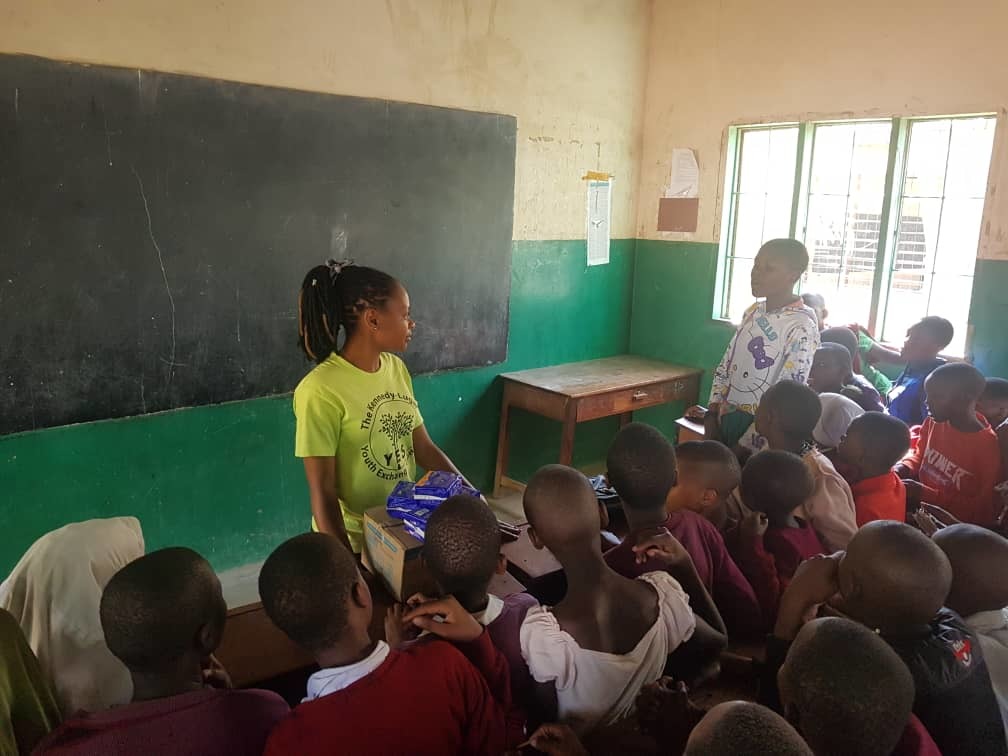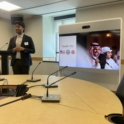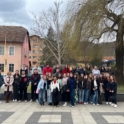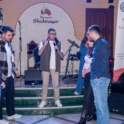Abdulaziz reflects on the highlights from serving as a mentor for CEW.
STORIES
Alumni Spotlight: Eddah Lugala
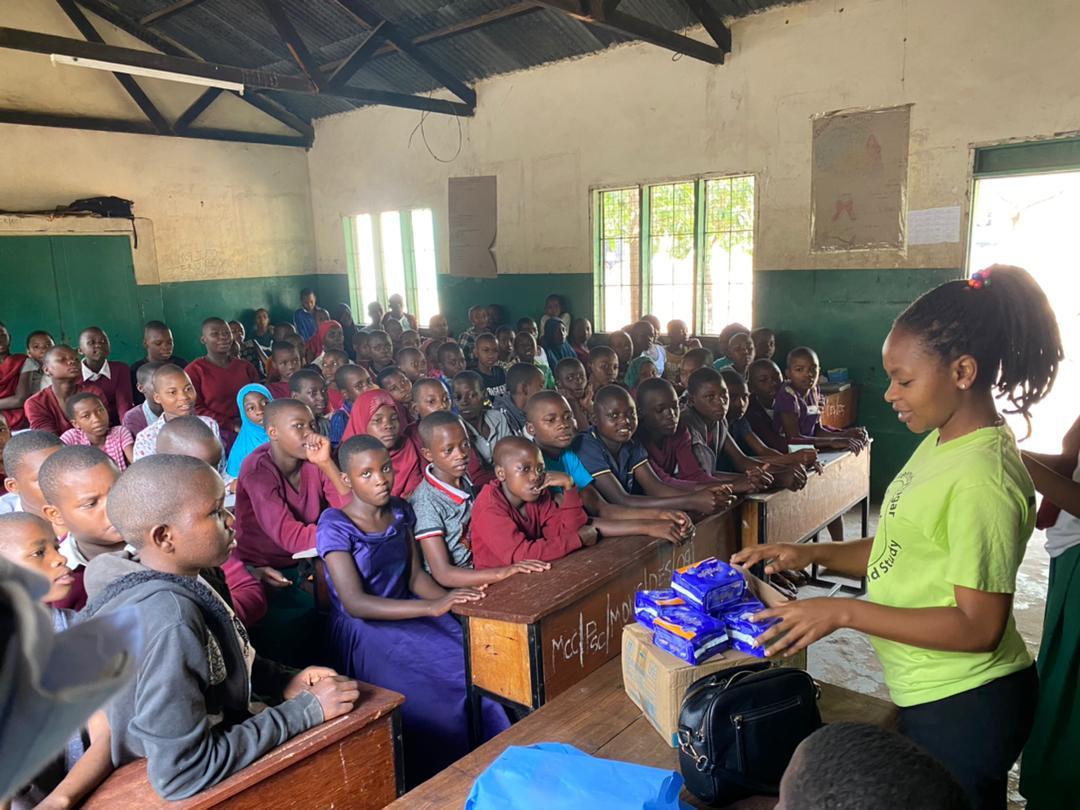
By Eddah Lugala (YES 2013-2014, Tanzania, placed by PAX in Cottonwood, AZ)
I have successfully conducted several projects related to the environment, education, and community health. Among the projects that I believe have left a positive mark in my country is the Girls and Science project, which was conducted in over 45 secondary schools in the Iringa region, the Girls and Hygiene project, and the Nutrition and Education project, held at pediatric oncology hostels.
In many African societies, females have been neglected in the field of science; this is because of the social beliefs that remain present in our societies—namely that science subjects are considered to be very difficult and that only males can manage to take them. Efforts have been made to motivate girls to study science, but challenges remain, especially in some of the remote areas in my country, where girls still need motivation to build self-confidence so that they can study science without fear.
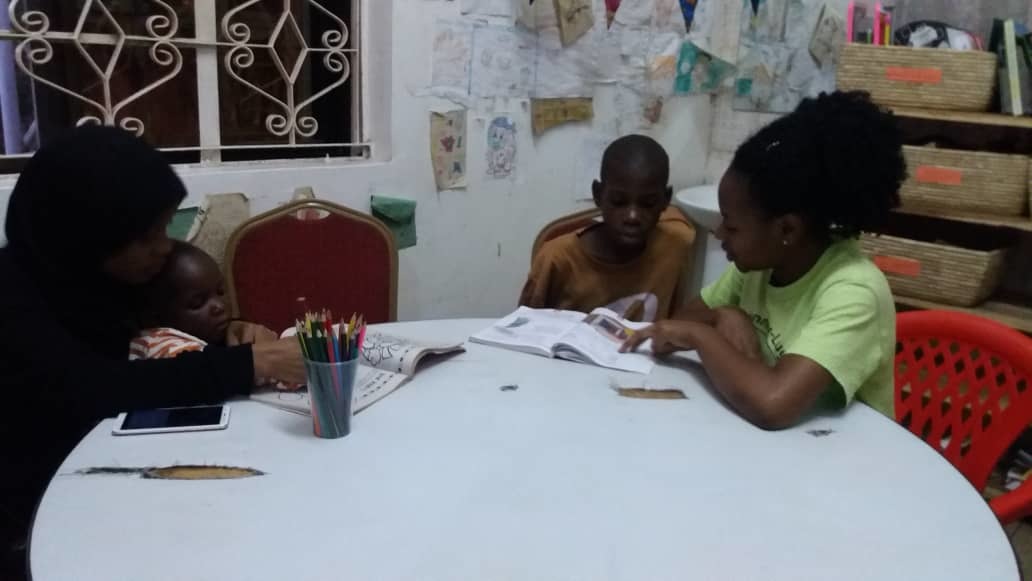
I studied through local government schools in Tanzania and managed to take science subjects and finally reached medical school. I have seen how many female students give up on science subjects and have very low self-confidence, oftentimes falling into the false mindset that only male students are able to pass them. I believe that if I went through the same schools and succeeded, then it is possible for other girls to follow my example. We need more women working in various science-based careers and contributing to the advancements of science and technology that are happening throughout the world.
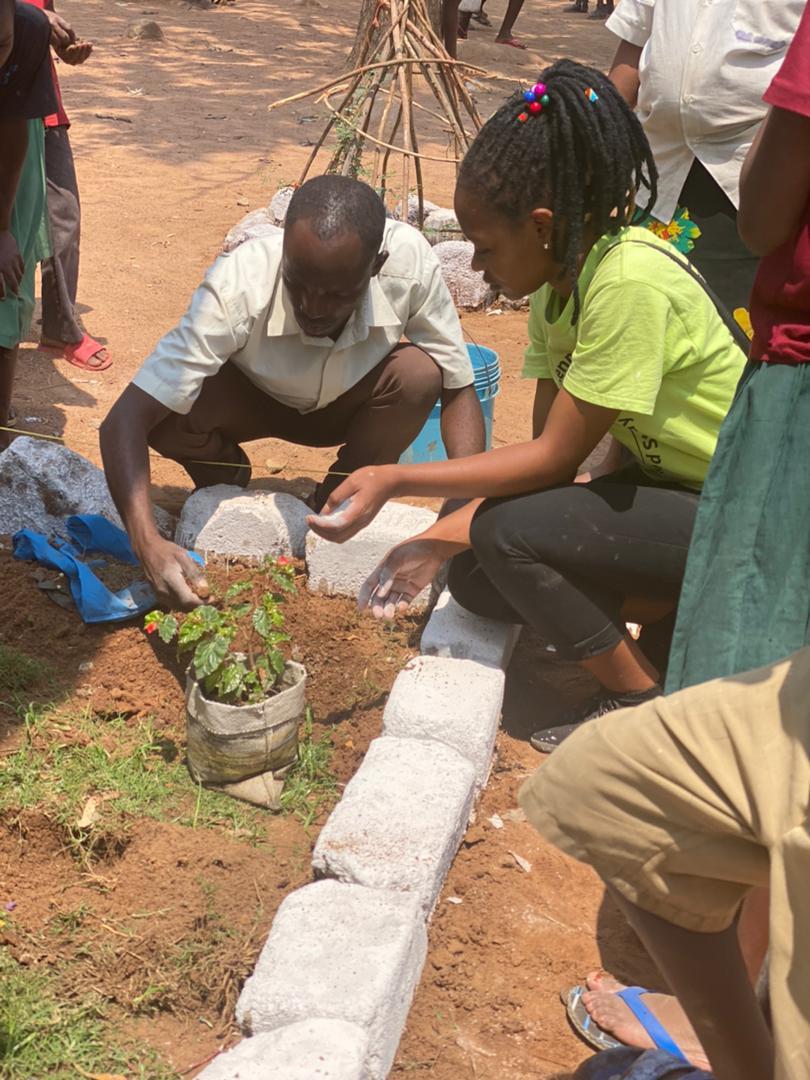
I conducted the Girls and Hygiene project in primary schools, targeting girls from the ages of 11 to 15. The inaccurate, incomplete, and minimal knowledge about menstruation is a great hindrance to personal menstrual hygiene management. The lack of this necessary education has caused many girls to have negative impressions towards menstruation; many girls have missed classes due to fear and being embarrassed, and many have suffered from reproductive tract infections due to ignorance of personal hygiene during menstruation.
It's clear there is a knowledge gap and a great need to educate young girls on menstrual hygiene, different types of menstrual products, the correct usage of these products, and the proper disposal methods of used menstrual products. In the Girls and Hygiene project we educated young girls on different types of menstrual hygiene products and how to properly use and dispose of the products. We also emphasized the importance of personal hygiene, especially during puberty.
I also have ongoing projects at the pediatric oncology hostels near Bugando Medical Centre in Mwanza, where children attending cancer clinics stay during the treatment period. At the hostels, we tutor kids in arithmetic and reading and writing (in both English and Swahili) so that they don’t lag behind in their studies, as they spend most of the time out of school for their treatment. We also have a nutrition project; we started a vegetable garden and provided education to caregivers on the importance of a well-balanced diet for their kids who are fighting against cancer. We emphasized the need to provide foods that are rich in iron, as they are very important in raising hemoglobin levels, noting that cancer patients are highly prone to low hemoglobin levels due to the disease itself and sometimes due to the effect of chemotherapy.
I am thankful for the YES program and the U.S. Department of State, which has given me a great opportunity to become engaged in volunteering activities that have highly boosted my self-confidence, project planning, management skills, communication skills, teamwork skills, leadership skills, and decision-making skills.
